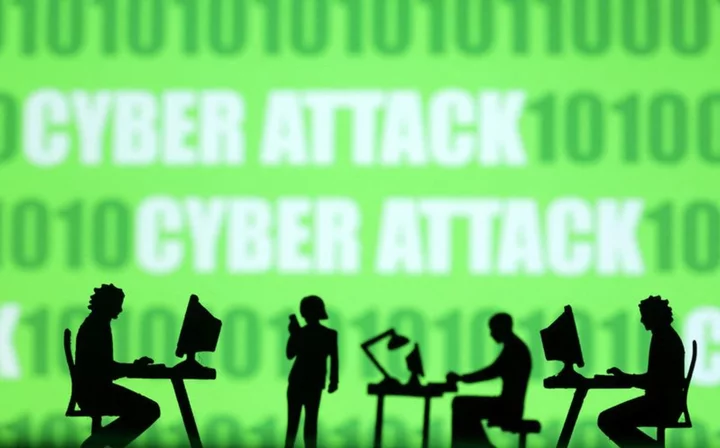By Toby Sterling and Stephanie van den Berg
THE HAGUE (Reuters) -The International Criminal Court (ICC) on Tuesday disclosed a hacking incident, a breach at one of the world's most high-profile international institutions.
The ICC said it had detected unusual activity on its computer network at the end of last week, prompting a response that was still ongoing. A spokesperson declined to comment on how serious the hack was, whether it has been fully resolved, or who might be behind it.
"Immediate measures were adopted to respond to this cybersecurity incident and to mitigate its impact," the ICC said in a short statement.
The ICC is the permanent war crimes tribunal in The Hague, established in 2002 to try war crimes and crimes against humanity. Prosecutors at the court are currently conducting 17 investigations into situations in Ukraine, Uganda, Venezuela, Afghanistan and the Philippines, among others.
In March the court made headlines when it issued an arrest warrant for Russian President Vladimir Putin on suspicion of illegally deporting children from Ukraine. The Kremlin rejects the accusations and the court's jurisdiction.
Highly sensitive documents at the ICC could include anything from evidence to names of protected witnesses, though the court did not disclose what part of its systems had been accessed.
The court said in its statement that it was continuing to "analyse and mitigate the impact of this incident" with the assistance of the Dutch government. It said it was also taking steps to strengthen its cybersecurity.
"Priority is also being given to ensuring that the core work of the court continues," the statement said.
The Dutch intelligence agency (AIVD) said in its 2022 annual report that the ICC is "of interest to Russia because it is investigating possible Russian war crimes in Georgia and Ukraine". In June 2022, the AIVD disclosed it had found a Russian military agent posing as a Brazilian in an attempt to infiltrate the court.
In August 2023, ICC Prosecutor Karim Khan said that cyber attacks could be part of future war crimes investigations and warned that the ICC itself could be vulnerable and should strengthen its defences.
"Disinformation, destruction, the alteration of data, and the leaking of confidential information may obstruct the administration of justice at the ICC and, as such, constitute crimes within the ICC’s jurisdiction that might be investigated or prosecuted," he wrote in a Foreign Policy Analytics report funded by Microsoft.
"But prevention remains better than cure."
(Reporting by Toby Sterling, Stephanie van den Berg, Anthony Deutsch and Bart Meijer; Editing by Alex Richardson, Gareth Jones and Andrea Ricci)









